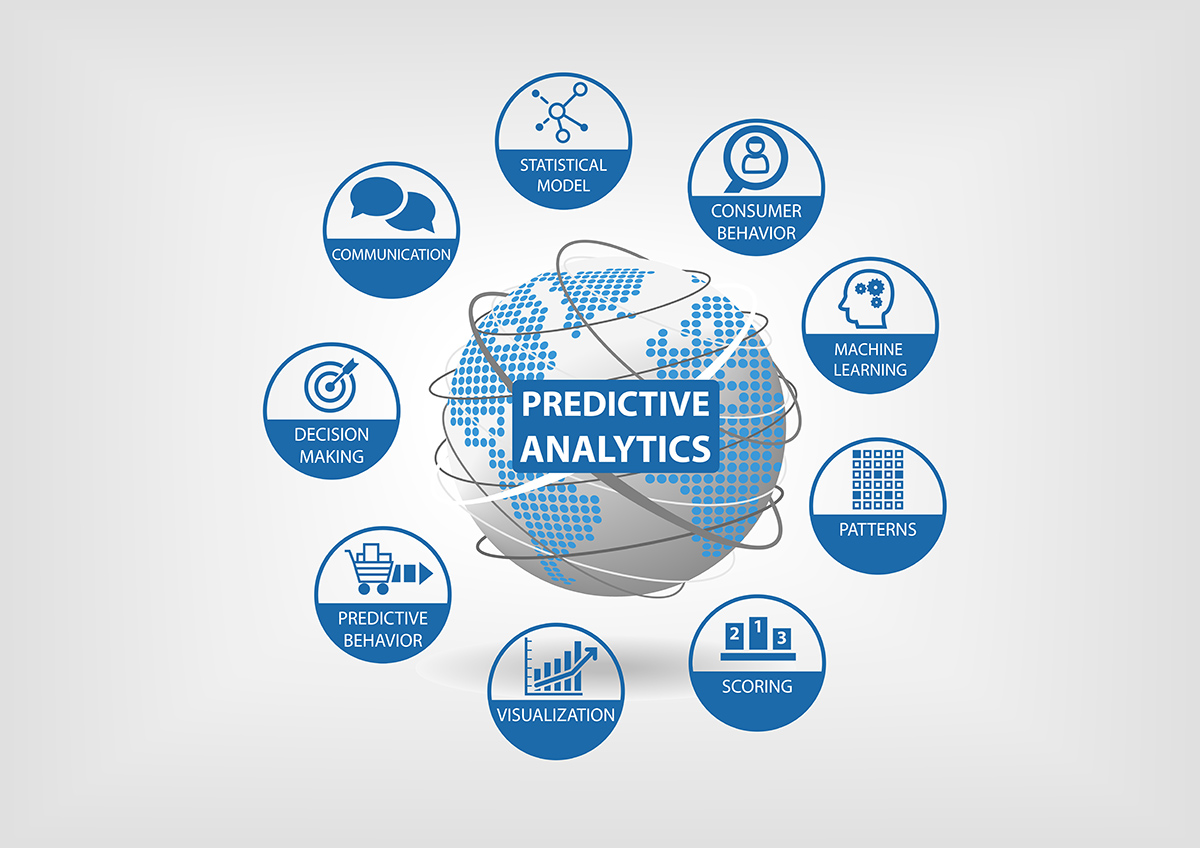Health Systems and
Predictive Modeling

Background
Rapid evolution of deep learning methods is making it possible to generate a plethora of valuable medical predictive analytic and decision support tools. Examples successful developed by Stony Brook Medicine researchers include algorithms to predict hospital readmissions, algorithms able to accurately assess co-morbidities and clinical conditions from noisy electronic health care discrete data elements and algorithms that provide early warning for serious and potentially preventable conditions such as septic shock.
We will target:
- Development of methods capable of generating caregiver and patient level reminders and alerts to be employed in Clinical Integration Networks and other population health platforms
- Integrated text/image analysis pipelines to be used in assessment of/reminders for incidental medical findings
- Risk adjustment characterizations to be used in value based medical purchasing
- Risk analyses for surgery, anesthesia and septic shock
- Integrated analysis of electronic health and wearable sensor data for post-surgical patient populations.
Faculty Contributors
Wadie Bahou, Medicine
Ira Cohen, Physiology
Yuefan Deng, Applied Mathematics and Statistics
Eugene Feinberg, Applied Mathematics and Statistics
Guanchao Feng, Electrical and Computer Engineering
Laura Fochtmann, Psychiatry, Pharmacological Sciences, and Biomedical Informatics
Janos Hajagos, Biomedical Informatics
Yupo Ma, Pathology
Richard Moffitt, Biomedical Informatics
Andrew Schwartz, Computer Science
Allen Tannenbaum, Computer Science
Daifeng Wang, Electrical and Computer Engineering
Fusheng Wang, Computer Science
